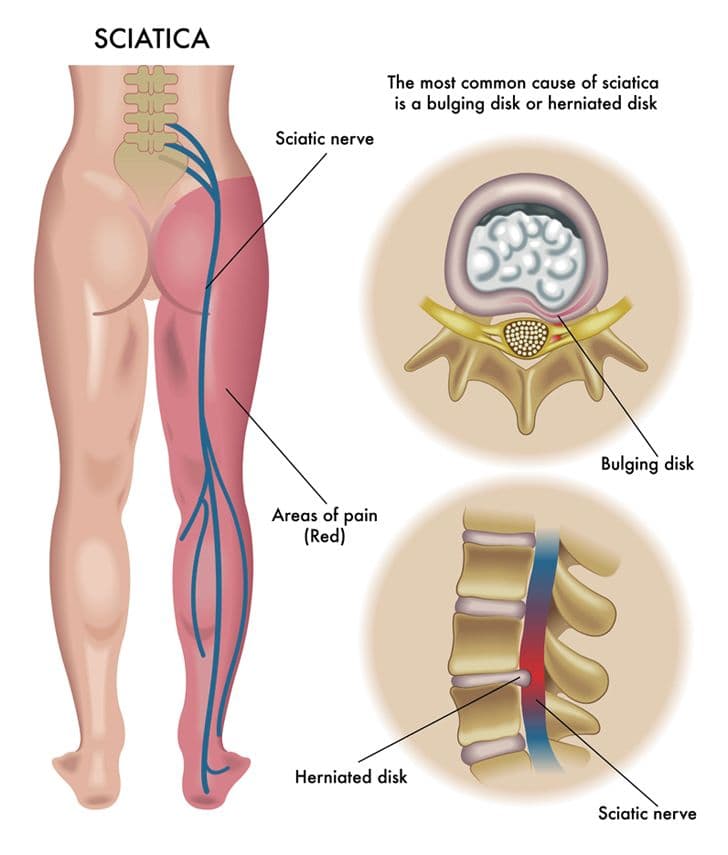Radiculopathy, commonly known as a pinched nerve, is a condition caused by the compression or irritation of a nerve root where it exits the spine.
This compression can lead to a variety of neurological symptoms in the areas served by that specific nerve.
